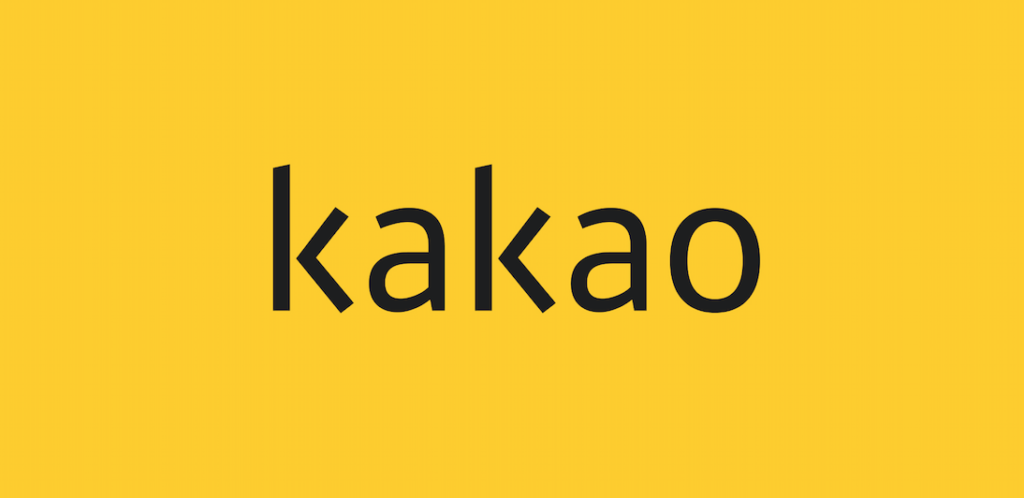Kakao is continuing to ramp up its foray into AI with plans to develop platforms and services which use the technology this year.
In an announcement earlier today, the company said that a new AI division would be put together and made up of an existing taskforce who have already been researching AI-powered services, and bolstered by managers from search, recommendation and data connection teams.
Kakao is keen to grow AI into one of its future businesses, and the new division will focus on creating an in-house AI platform within the year that connects to both smart devices, as well as existing and new services.

Kim Byunghak, head of the new division, plans to not only improve and develop new services, but also concentrate on business innovations that use AI technology. Existing services expected to be combined with AI are KakaoTalk, Daum’s portal search and news, mobility services such as Kakao Taxi and Kakao Navi, and payment platforms. Kakao hopes that by doing this, it will significantly change the experience for users.
Voice search will be one of the main areas where AI will be used, and should integrate smoothly into Kakao’s current voice search, which was initially launched in 2010 as the first service of its kind in Korea. The company is also planning to propagate its technology by offering its platform to partners.
The new AI division is not to be confused with its other subsidiary Kakao Brain, which was announced last month and is headed by KakaoTalk founder Brian Kim. According to the company, Kakao Brain’s main role is AI research as well as sharing key findings and AI-related insight with the public. It will also work to promote AI research and collaborate with relevant communities and organizations.
“We expect there to be plenty of overlap and cooperation between the two sides, and there should be considerable synergy as a result,” said a spokesperson for Kakao.
A schedule for the AI division is already in place, and we should see Kakao’s new platform being rolled out into its apps in the latter half of this year, primarily in the form of chatbots. An SDK for its partners is also set to be complete within the year, and an AI voice unit for use in homes and automobiles is also on the cards.






